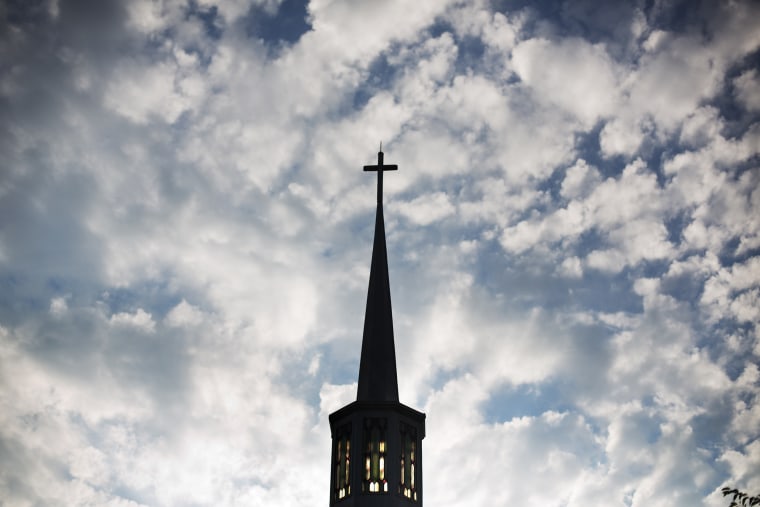In any major piece of legislation, flaws are practically inevitable, and even careful policymakers often don't notice the errors until a new law takes effect. With this in mind, perhaps it's unsurprising that the Republicans' regressive new tax plan is riddled with dozens of mistakes.
But as regular readers know, the details matter. While some errors are probably unavoidable, GOP lawmakers were unusually careless in throwing together their reckless tax breaks for the wealthy, effectively scribbling the legislative text on the back of envelopes filled with campaign contributions.
Asked to describe the scope of the mistakes in the Republican tax law, Marty Sullivan, chief economist at the non-partisan Tax Analysts, said in February, "This is not normal. There's always this kind of stuff, but the order of magnitude is entirely different."
Politico reports this morning on a glitch that Republicans are likely to find especially inconvenient.
Republicans have quietly imposed a new tax on churches, synagogues and other nonprofits, a little-noticed and surprising change that could cost some groups tens of thousands of dollars.Their recent tax-code rewrite requires churches, hospitals, colleges, orchestras and other historically tax-exempt organizations to begin paying a 21 percent tax on some types of fringe benefits they provide their employees.That could force thousands of groups that have long had little contact with the IRS to suddenly begin filing returns and paying taxes for the first time.
In this case, the "fringe" benefits include things like parking passes and transportation assistance.
Many houses of worship and other non-profit organizations aren't even aware of the change mandated by the Republican tax law, but many churches have already called for its repeal, seeing it as an unnecessary financial and administrative burden.
How did this happen in the first place? Politico's report added:
[To help defray the cost of the tax cuts], Republicans simultaneously pared tax breaks for workers' fringe benefits, which is projected to raise around $40 billion over the next decade.They were mainly trimming deductions companies have long taken for entertaining clients and providing meals for employees. But Republicans also wanted to treat nonprofits equally, which proved challenging.Because those organizations don't pay income taxes, lawmakers couldn't take away fringe-benefit deductions. So instead they created a 21 percent tax on the value of some of nonprofit employees' benefits.
Which means, right about now, some church leaders -- the ones who are aware of the change, anyway -- are trying to calculate the precise value of a parking space.
The article added that the Treasury Department is "working on regulations spelling out the details of how the tax will work," though it's a little late for that: the new law affecting non-profit organizations took effect in January and groups are expected to pay the tax on a quarterly basis.
In theory, this is exactly the sort of thing that lawmakers would've considered during the deliberations over the tax plan before it was passed, but in this case, there were no deliberations. A small group of congressional Republicans wrote their tax bill in secret, and then pushed it through the legislative process without so much as a substantive hearing.
Many in the non-profit sector raised questions at the time about how the law might affect houses of worship, educational organizations, and others, but those questions were ignored in the name of political expediency: GOP leaders assumed that the more time the public had to examine their proposal, the more unpopular it would become.
So Republicans rushed it through without careful analysis -- and their mistakes continue to come to the fore.
